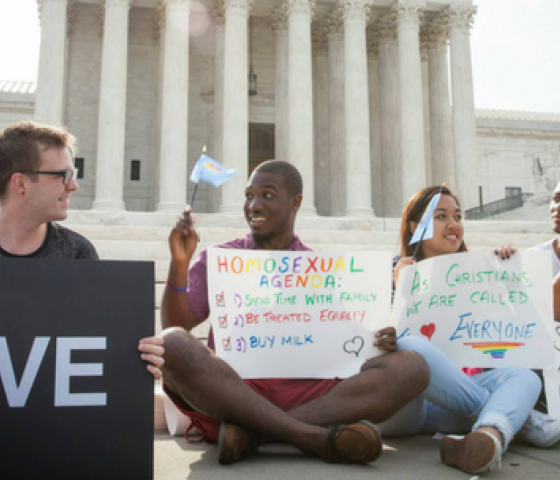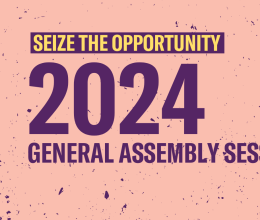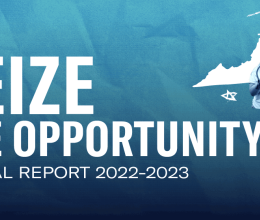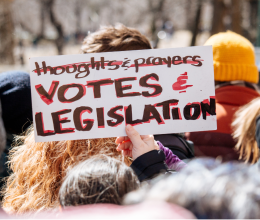Reports say requirement for detailed, personal letter to the Governor was a mistake.
Richmond, VA –According to news sources, Governor Robert F. McDonnell will no longer require non-violent offenders in Virginia seeking to have their voting rights restored to write a letter describing the nature of their crime, community services, church activities, improvement made to their educational status, and an explanation as to why they deserve to be able to vote again.
McDonnell came under a firestorm of criticism when it was revealed recently that he had made restoration of rights even more difficult in a state with one of the most severe felon disfranchisement laws in the nation.
According to the Washington Post, a spokesperson for the Governor said the new requirement, installed immediately after the Governor took office in January, was a mistake instituted by a “well-meaning staffer” without proper authority.
The ACLU and other voter restoration reform advocates have been invited to a meeting today with the Secretary of the Commonwealth to discuss the process the Governor intends to use to restore voting rights. The last two Virginia governors required a one-page form for non-violent offenders who had completed their sentences and met all obligations for fines and restitution. The letter-writing requirement imposed by the McDonnell administration was in addition to the form.
“This seems like an odd way to make policy,” said ACLU of Virginia Executive Director Kent Willis. “But, we are delighted if the administration is serious about dropping the requirement for a lengthy personal letter to the Governor and look forward to a productive discussion with the Governor’s office about improving the restoration procedure.”
Since January, non-violent felons applying for restoration of rights have been receiving a letter from Governor McDonnell’s office stating that they must also submit a “Details of Offense Letter,” described as:
A personal letter addressed to the Governor explaining the circumstances of your arrest and conviction. When and where did these offenses occur? How were you involved? Give a brief description of current employment or a “good faith” effort to obtain employment. If you have made strides in education or are involved in church activities please let us know as well. Please also include any and all service to the community since being released by the court and the reasons why you believe the restoration of your civil rights is justified.
Virginia and Kentucky are the only two states in the nation that permanently disfranchise all felons, requiring an act of the Governor, similar to a pardon, for voting rights to be restored. Thirty-nine states automatically restore voting rights after felons have completed the terms of their sentences.
Efforts to amend Virginia’s Constitution to allow for automatic restoration of voting rights have passed the Senate, but fallen short in the House of Delegates, although the idea is gaining support there.
Governors Warner and Kaine eased the process, restoring voting rights to more felons than any of their predecessors. Kaine, who restored voting rights to nearly 5,000 individuals during his tenure, considered issuing an executive order to restore voting rights to many or most of the 300,000 disfranchised voters in Virginia, but decided against it just before leaving office.
Contact: Kent Willis, Executive Director, 804-644-8022






